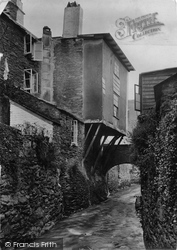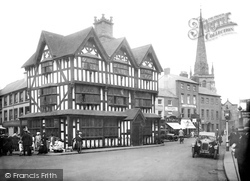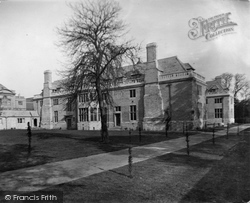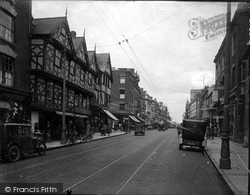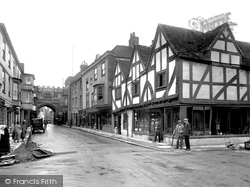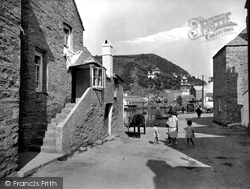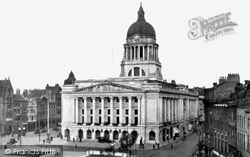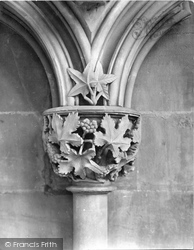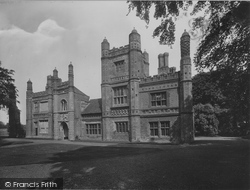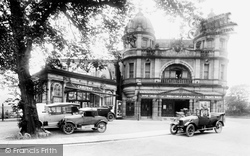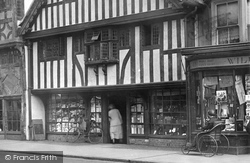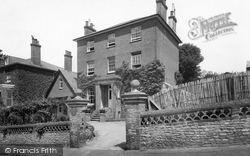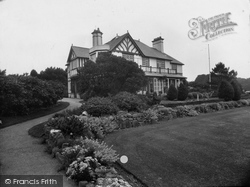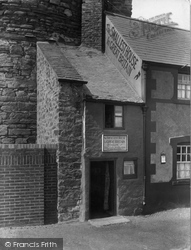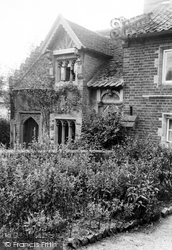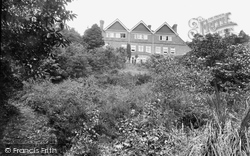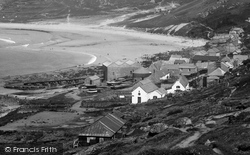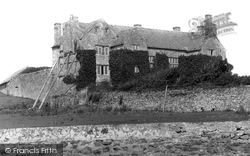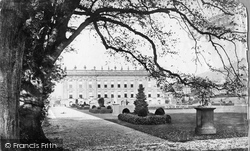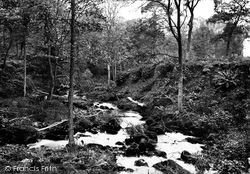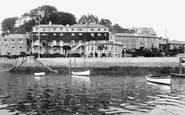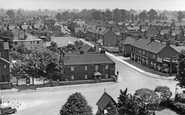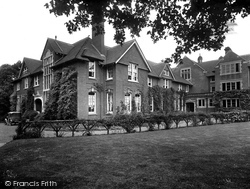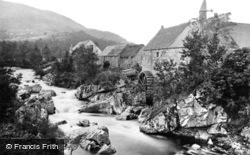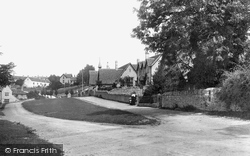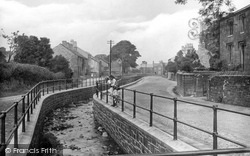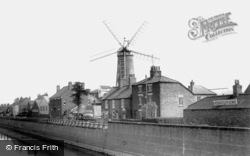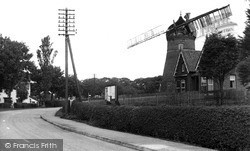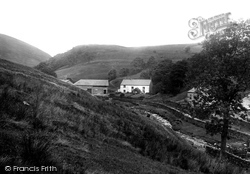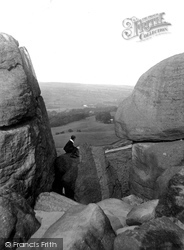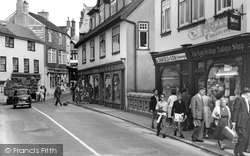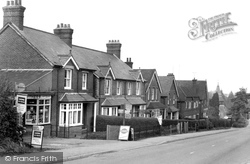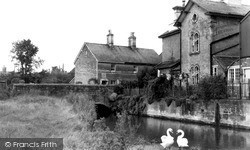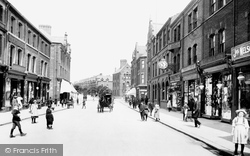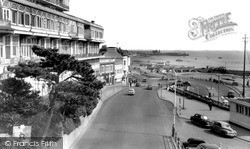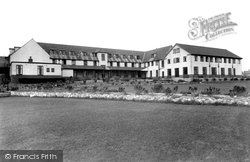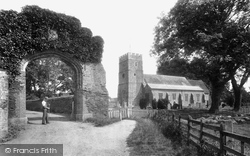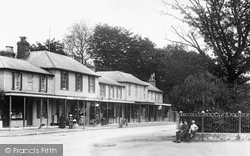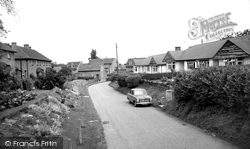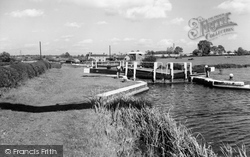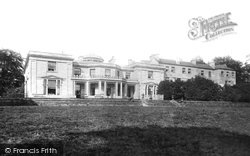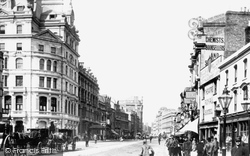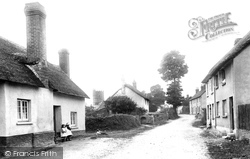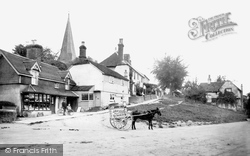Places
36 places found.
Those places high-lighted have photos. All locations may have maps, books and memories.
- Chatsworth House, Derbyshire
- Osborne House, Isle of Wight
- Brambletye House, Sussex
- Ickworth House, Suffolk
- Kingston Lacy House, Dorset
- Boscobel House, Shropshire
- Preshute House, Wiltshire
- Bolton Houses, Lancashire
- Brick Houses, Yorkshire
- Quaking Houses, Durham
- Water Houses, Yorkshire
- Bottom House, Staffordshire
- New House, Kent
- Mite Houses, Cumbria
- Lyneham House, Devon
- Church Houses, Yorkshire
- Dye House, Northumberland
- Spittal Houses, Yorkshire
- Street Houses, Yorkshire
- Tow House, Northumberland
- Halfway House, Shropshire
- Halfway Houses, Kent
- High Houses, Essex
- Flush House, Yorkshire
- White House, Suffolk
- Wood House, Lancashire
- Bank Houses, Lancashire
- Lower House, Cheshire
- Marsh Houses, Lancashire
- Chapel House, Lancashire
- Close House, Durham
- Guard House, Yorkshire
- Hundle Houses, Lincolnshire
- Hundred House, Powys
- Thorley Houses, Hertfordshire
- School House, Dorset
Photos
7,776 photos found. Showing results 4,621 to 4,640.
Maps
370 maps found.
Books
1 books found. Showing results 5,545 to 1.
Memories
10,360 memories found. Showing results 2,311 to 2,320.
Boat House
These are the years when the boat house was flooded, 1771 1832, 1850. They are still marked outside of the boat house. And in 1798 George Stephenson worked at the Water Row colliery.
A memory of Newburn by
First Job
My first job on leaving school in 1964 was at East Grafton, at the poultry packing station, known as CC Chinnery but run by Charles Eady (I believe stepson of the late Mr Chinnery. I spent 5 happy years working there with a great ...Read more
A memory of East Grafton in 1964 by
Childhood Memories
Being born in a house opposite the Angel pub in 1952, and having a family history going back over 300 hundred years in the village, I think we were a local family. Those memories of the school holiday times will last a ...Read more
A memory of Stanton by
Biography And Memories
I am writing this on behalf of my wife, nee Gena Brown from the old Stirling Castle, otherwise known as the Bottom House, but the one she remembers best is the Staneford Arms where her mother held the licence. Her Auntie Nan, ...Read more
A memory of Consett in 1955 by
Salcombe Hotel
I worked as Baker- Pastry cook at The Salcombe Hotel when Peter Ryder was the owner. It was a great job, the bakery had a lovely view over the estuary & I first worked with old 'Billy' Carter who was in his 70s then & always ...Read more
A memory of Salcombe by
Stanford 1955 1965
Hello George I lived in Stanford 1947-1971. The house opposite the church was where Dr. Morris lived, I believe. The surgery was round the corner in what felt like old stables. It was a fine house but was later ...Read more
A memory of Stanford-le-Hope by
Peterlee In The 50s Early 60s
I was 2 or 3 months old in 1954 when the family moved from Wheatley Hill into a newly built council house on Kirkstone Road at the Horden end. My earliest memory is of sitting on the door step waiting for my brother ...Read more
A memory of Peterlee by
Childhood Days
I went with my parents, brother and sister to live at Beech Cottage in the grounds of the big house named The Villa. We went there to escape the bombing at Wallasey (Liverpool). I was four at that time and we stayed there ...Read more
A memory of Crosby Garrett in 1930 by
Post War Brownsover
From the late 1940's to 1969 I remember this area as part housing, part prefabricated homes because of the war. Many old features were still around like barges carrying coal on the Oxford canal, the old disused mill, the huge ...Read more
A memory of Brownsover by
Edward Jones Of Nannerch
Not so much a memory, more an ancestral bond. My great great grandfather, Edward Jones, was born in Nannerch in or about 1803. A long time ago!I don't know how long he remained there but I do know he moved to Anglesey for a ...Read more
A memory of Nannerch by
Your search returned a large number of results. Please try to refine your search further.
Captions
6,977 captions found. Showing results 5,545 to 5,568.
For many years it occupied various premises in the Close, including Kings House, before moving from the damp, riverside site in 1847, apparently to escape a cholera epidemic.
It was here, in 1715, that a number of Scottish lords, including the Earl of Mar, met on the pretext of a hunting trip to plan an uprising against the House of Hanover and return the Stuarts to the throne
This village of scattered houses on a steep hillside some seven hundred feet above sea level has two noted literary associations.
The houses are built of local stone. The stream meanders through the centre of the village, and local children play pooh sticks and just watch the stream.
Built in 1819, this five sailer, in working order, now has tea rooms in the mill warehouse whose weatherboarded bag hoist turret is visible between now-demolished houses.
The brick tower windmill of 1770 and 1890 survives, minus its sails, and has been well-converted into a house.
The Quakers favoured this remote area, and founded a Meeting House at Newton-in-Bowland.
The house was divided into three parts in 1919, and is now used as offices by a major building company.
Guildhall House is the white-fronted building on the corner (far centre).
Back at ground level, this view looks across the pond near the church, past the railings alongside the A283 to the houses on the south side of the Green.
Taken opposite Lower Quemerford Mill, this view shows Marden Bridge and the Mill House on the right.
Beyond the shops are the residential houses of Hartington Street. On the left is H Ledgerwood's, a grocer's.
Below the hotel, facing the sea, are many small shops.Towards the bottom of the hill The Gaiety Bazaar may be seen, a treasure-house for holiday gifts.
Copied by James Gibbs from the one at Wilton House in Wiltshire, this bridge from 1738 crosses the end of the Octagon Lake in the grounds of Stowe.
It was demolished in the 1980s, and houses built on the site.
The 15th-century tower of the church stands on Norman foundations, and houses the tomb of the last abbot of St Augustine's abbey at Canterbury who, at the time of the Dissolution, was given the manor
This fairly graceful early 19th-century shopping arcade, with its weatherboarded houses with large shop windows under a colonnade of thin cast iron columns, included a general hardware and implement
The photograph clearly illustrates the village expansion with housing that could literally be anywhere.
The canal bypasses Fleckney on its eastern side; the photograph looks north east across Second Lock, towards Kibworth bridge and Bridge House, as the waterway winds towards Newton Harcourt
After his death in 1837, the house passed to his nephew, and it was converted into a hotel after the latter's death in 1887.
The view shows an abundance of public houses and hotels. At far right three stand side by side - the Theatre Royal, then Clarence and (out of picture) the Cambrian.
The view shows an abundance of public houses and hotels. At far right three stand side by side - the Theatre Royal, then Clarence and (out of picture) the Cambrian.
Contrary to popular belief, Sir Walter Raleigh was not baptized in the parish church, but in the tiny chapel at nearby Place Court house.
The King's Head was built in 1733; not originally a public house, it had a cellar to store stalls for an annual fair held nearby.The Rising Sun on top of the pub sign was a trademark of Brickwoods
Places (80)
Photos (7776)
Memories (10360)
Books (1)
Maps (370)




